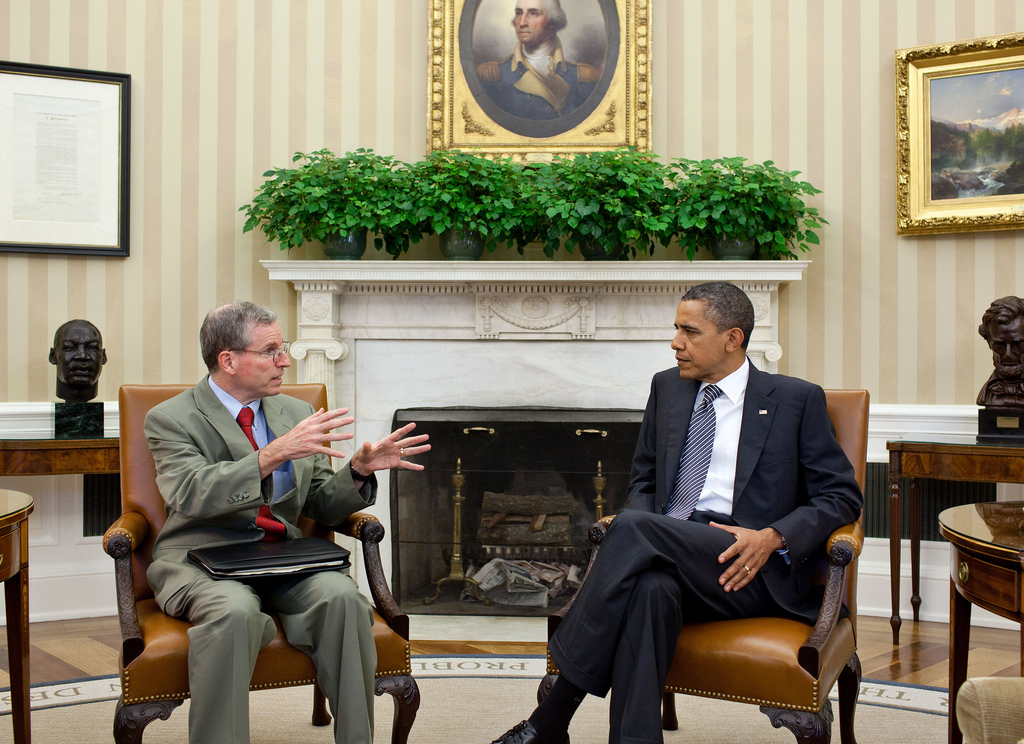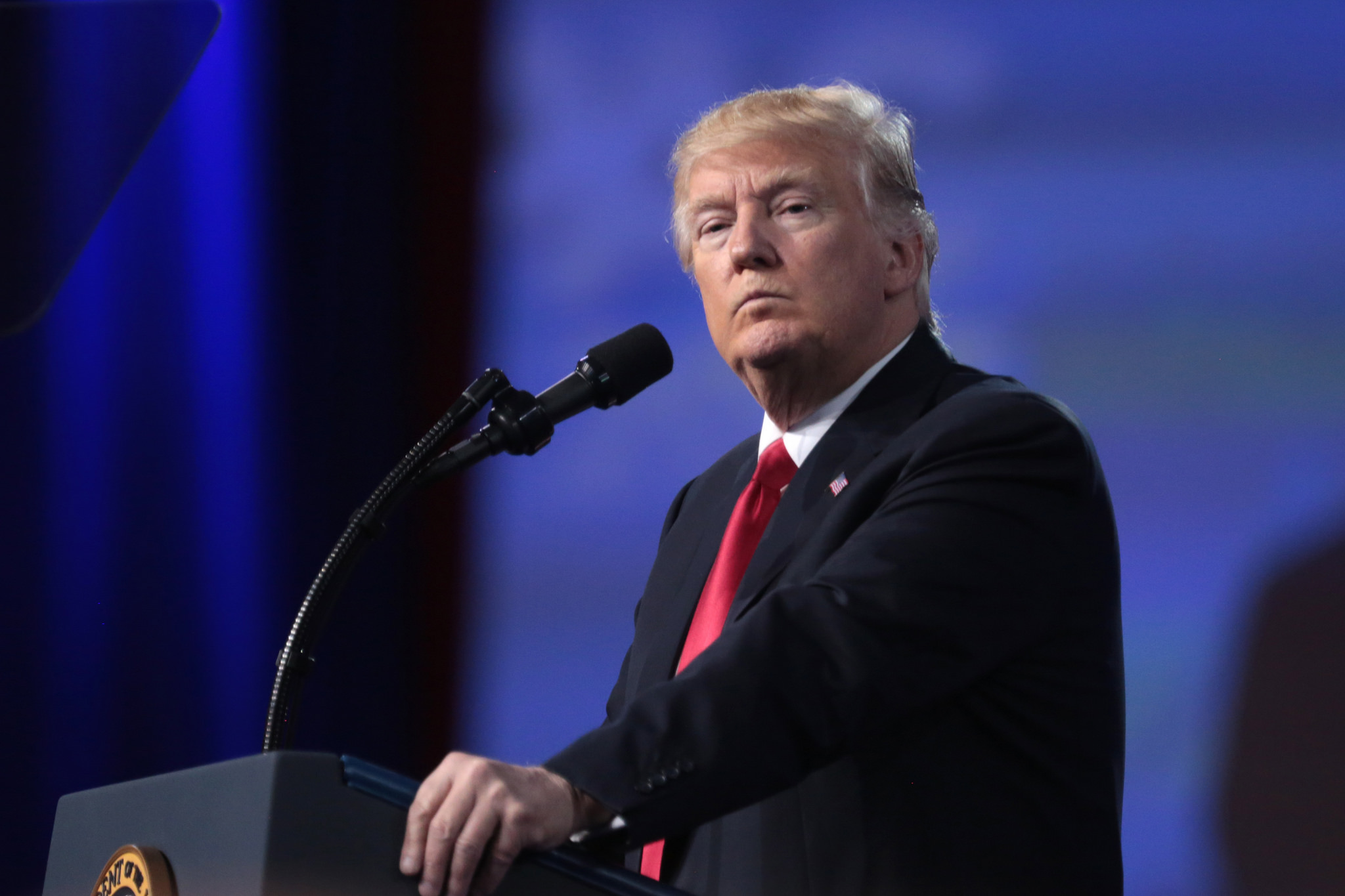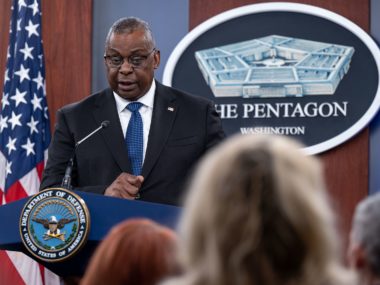Guest post by Aaron Hoffman

Are Americans ready to use force to stop Iran from acquiring nuclear weapons? A day after Israeli Prime Minister Benjamin Netanyahu addressed Congress about preventing Iran from acquiring nuclear weapons, Fox news released a poll showing 65% of respondents backed the use force in support of this goal. Paul Waldman, though, a senior writer for The American Prospect, rejected the idea that the public was souring on US diplomatic efforts. As he saw it, Fox “juiced” the results by asking people about their support for the use force if that was the only way to keep Iran from getting nuclear weapons.
Waldman is right that people who are out of options are more enthusiastic about the courses of action that remain open to them. The surprise is that removing the phrase that upset him might not make people less eager for war with Iran. The reason is that people take it for granted that military force is a tactic of last resort, used when diplomatic solutions to foreign policy problems are either unavailable or ineffective. Reminding people that diplomatic alternatives to war are unappealing has the same effect on people’s enthusiasm for war as telling them nothing at all about diplomacy.
In the article, “Norms, Diplomatic Alternatives, and the Social Psychology of War Support, which the folks at The Journal of Conflict Resolution and Sage Publishers kindly ungated (see here for the abstract and here for the full text), my research associates Christopher R. Agnew, Laura E. Vanderdrift, Robert Kulzick, and I used a series of experiments to demonstrate how unstated assumptions about force being a tactic of last resort influence war support. After reading a short foreign policy scenario, study participants were asked about their willingness to support a US military operation in light of what they read. We told people in the baseline conditions nothing about diplomatic alternatives, not even that they were available. Participants in the other conditions were told that the available diplomatic strategies were either likely or unlikely to resolve the issue in the scenario.
The results we got from these simples messages were striking. People who were told nothing about diplomatic alternatives supported the use of force at the same rate as those who were told the available diplomatic alternatives were likely to fail. This is surprising. People who are told nothing about diplomatic options should draw no conclusions about them — the use of force might be under consideration even when diplomacy works. Logically, the utility of force and the utility of diplomacy are independent of one another.
That people who were told nothing about diplomacy supported the use of force at levels similar to those who were told diplomatic alternatives were unlikely to work tells us they believe leaders only consider using force when diplomacy is ineffective. In contrast, people who were told that diplomacy would work were less likely to support the use of force than the other participants. This result is not surprising, but it confirms that the positive and negative information we presented our subjects about diplomacy influenced their thinking.
The lesson is that unstated assumptions about the availability of viable alternatives to the use of force inflate the public’s willingness to support war fighting. Policymakers and scholars that track public attitudes about the use of force should be aware that polling question that make no mention of diplomatic alternatives probably exaggerate the amount of support that exists for war at least until quality diplomatic alternatives are exhausted. The corollary for pollsters is this: there is no need to add language about diplomacy’s inability to solve foreign policy problems to increase support for military operations. Standard questions about the use of force juice support for war all by themselves.
Aaron Hoffman is an Associate Professor of Political Science at Purdue University.








7 comments
The poll seems quite spurious. And then consider the source. Why is it being taken seriously?
Since there’s a considerable number of people who automatically think of the world as a violent place, could it be that (some) respondents don’t think of diplomacy at all unless they are reminded that it exists as an alternative and may even be making progress?
Yes, this is possible. The question is what percentage of people have this view? Polls I reviewed in this article suggest that majorities of Americans think force is an option of last resort, suggesting that those who never consider diplomacy to be an option are a minority.
Reblogged this on tamarlomidze.
Polls on steroids seems to be legit for me, because we have already lost enough in war’s and we haven’t found any signs of chemical weapons yet in many countries after waging war on them for years.
Great post.
Nice post!